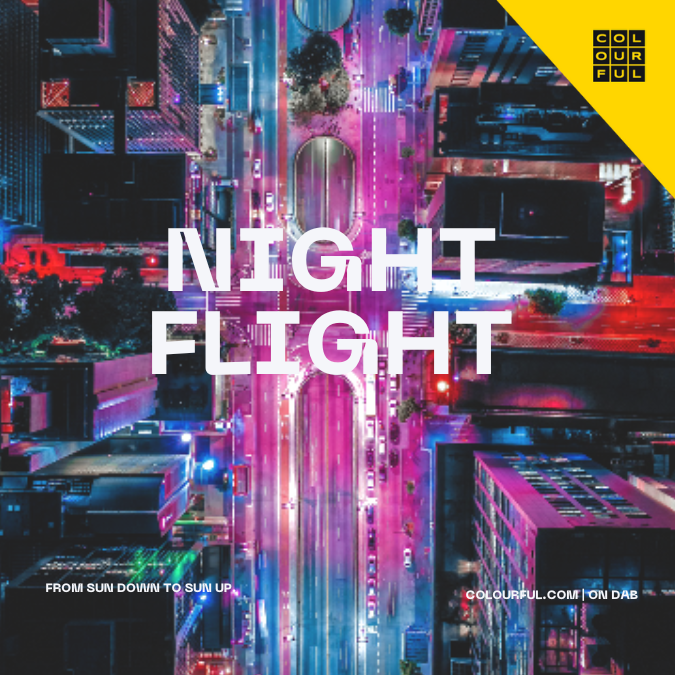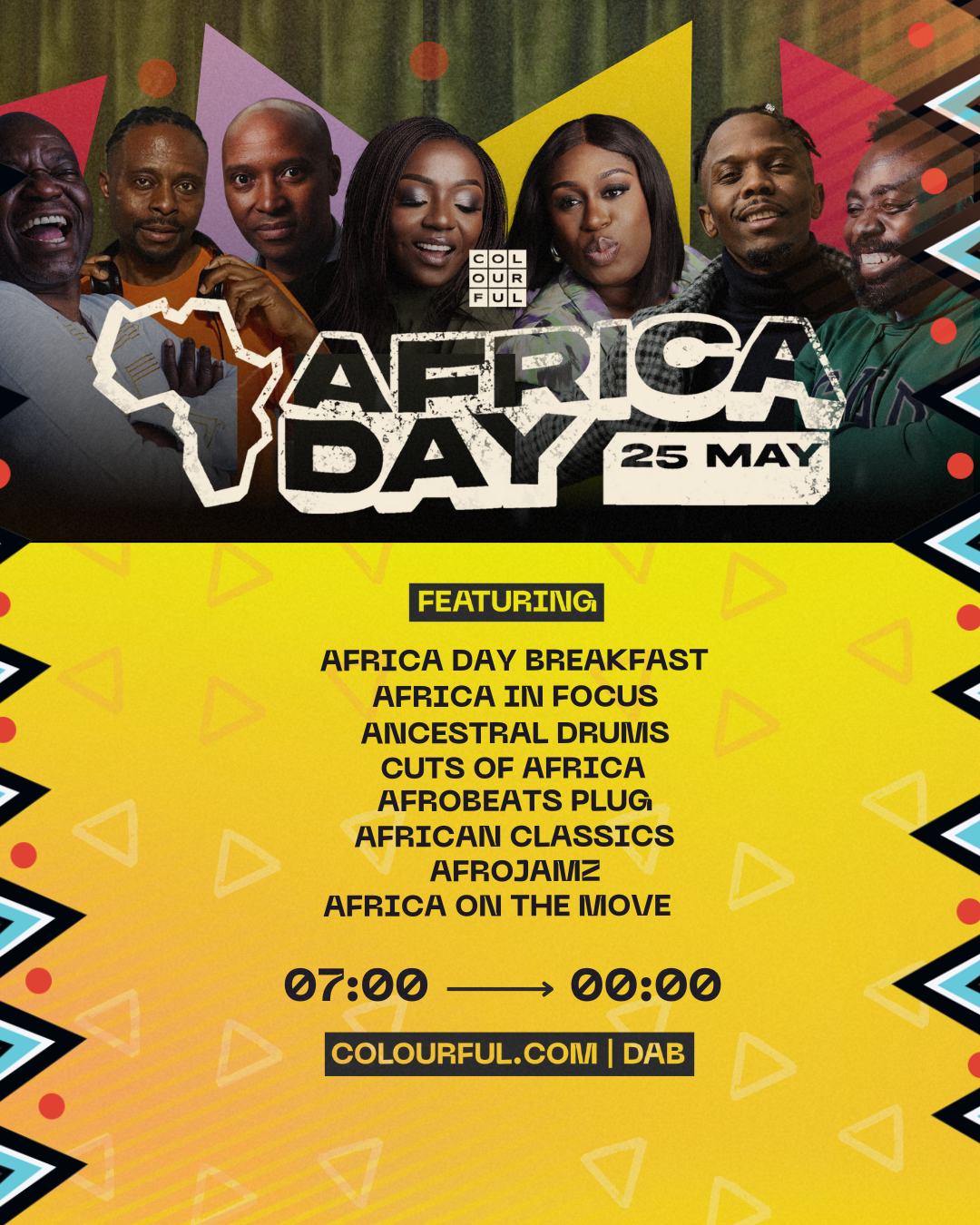Spotlight on Black Uhuru
Today in Reggae Month, we celebrate Black Uhuru - the most successful of the second-generation reggae bands of the 1970s.
Black Uhuru was formed in 1972 in the Waterhouse district of Kingston with a founding line-up of Garth Dennis, Don Carlos, and Derrick "Duckie" Simpson.
The first reggae band to win a Grammy award for their 1983 album Anthem, Black Uhuru offered a dynamic and progressive sound during the 1970s and early 1980s.The band, whose name comes from the Swahili word meaning "freedom," initially played under the name Black Sounds Uhuru and they eventually shortened it to its more familiar version five years later.
When the group experienced difficulties securing a record contract, Spencer left to pursue a solo career and Dennis joined the Wailing Souls. Simpson, who remained the thread throughout Black Uhuru's evolution, reorganized the band with Errol "Jay" Wilson and quivery-voiced lead vocalist Michael Rose.
Accompanied by the rhythm section of drummer Sly Dunbar and bassist Robbie Shakespeare, who would become the pioneering production duo Sly & Robbie, Black Uhuru created a sound that made them a match for any reggae ensemble. Their debut album, Love Crisis, released in 1977, included the anthemic hit "I Love King Selassie." Three years later, the album was remixed and released as Black Sounds of Freedom, the first under the Black Uhuru banner.
With the addition of harmony singer Puma Jones, an African American woman who held a master’s degree from Columbia University and was a former member of the female group Mama Africa in 1981, Black Uhuru entered their most commercially successful period. In addition to recording a critically lauded sophomore studio album, Red, and an exciting live album, Tear It Up, the group peaked with Anthem’s release in 1983.
The original three members - Simpson, Carlos, and Dennis - reunited at the beginning of the '90s to record a successful string of albums as a trio. Beginning with the 1990s.
Now Black Uhuru, they enjoyed a renewed period of commercial and critical success rivalling their heyday a decade earlier, logging three more Grammy-nominated albums in Iron Storm (1991), Mystical Truth (1993), and Strong (1994).
Things remained relatively quiet for the band in the 2000s, with Bees returning to his solo career in 2003 and Simpson joining up with '80s-era singer Michael Rose to tour as Black Uhuru feat. Michael Rose for several years in the middle of the decade.
With Simpson and Bees fronting the group, Black Uhuru recorded their long-delayed album. As the World Turns finally saw release in 2018, 15 years after their previous studio album.
To this day Black Uhuru is known as the most successful of the second-generation reggae bands.
More like this
17.06.24
20.05.24




